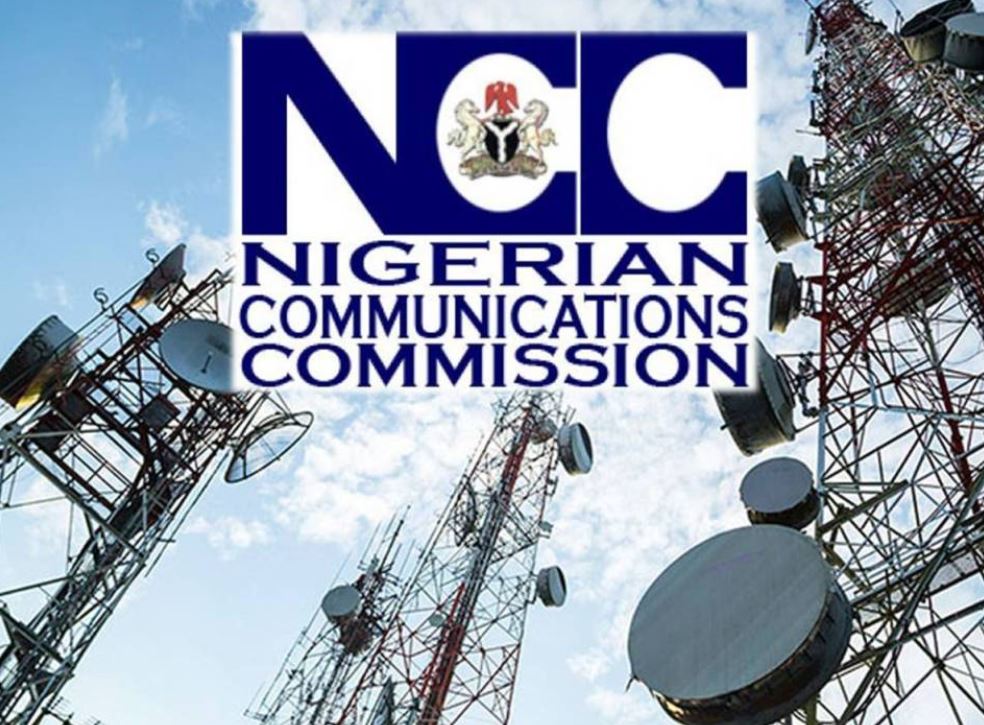Nigeria Communications Commission (NCC), the telecommunications regulator, has been concerned about Nigeria’s significant dependence on second-generation (2G) networks, given that other countries in the world have already adopted fifth-generation (5G) and sixth-generation (6G) networks.
At a special event hosted by the Association of Telecommunications Companies of Nigeria (ATCON), Dr Aminu Maina, the NCC’s Executive Vice-Chairman (EVC), he voiced his concerns about many Nigerians still using 2G networks.
He urged the heads of industry to concentrate on advancing technologies that are 4G and above.
Read also: Telecoms report a 2.4% drop in voice subscriptions due to NIN/SIM linkage
57.55% internet subscriptions on 2G
According to recent NCC data, roughly 57.55% of Nigerian internet subscriptions are on 2G, with the remaining 43% going to the 3rd, 4th, and 5th generations.
“Today, we celebrate Nigeria having nearly 200 million connections, but upon closer inspection, we find that over half of those are 2G,” he said.
“So, when we have guys like you, why are we still producing smartphones with 2G connections? Why aren’t you talking about 4G and above? We have the MD of Mainone here, who was very active in the broadband plan. I’m sure you never planned to have a majority 2G connector,” EVC said.
Read also: MTN, Airtel face sanctions in Nigeria for Skipping CSR bill hearing
Generations of network
The initial generation of cellular networks is called the 1G network. Cellular technology uses low-power radio transmitters to create a network of cells spread across a particular area.
2G, or second-generation wireless networks, aims to replace analogue networks with digital circuit-switched ones.
The third generation of mobile wireless technology is known as 3G. It improves GSM evolution networks’ 2G, 2.5G, GPRS, and 2.7G increased data rates, providing quicker data transfer and higher speech quality.
The fourth generation of mobile network technology, or 4G, came before the 5G network and succeeded 3G. As it offers a far faster data transmission rate than its successor networks, it is currently the better option for people who lead a fast lifestyle.
5G, the fifth generation of wireless cellular technology, provides better capacity, more reliable connections, and faster upload and download rates than earlier networks. With far faster and more dependable speeds than the widely used 4G networks at the moment, 5G has the potential to completely change the way we use the internet to access information, social media, and applications.
NCC data, however, indicates that 4G comes in second place with 32.11, while 3G and 5G come in at 9.17 and 1.18, respectively.















